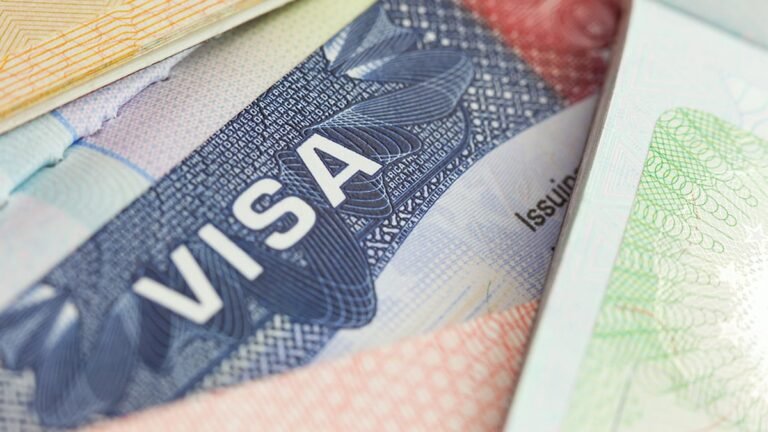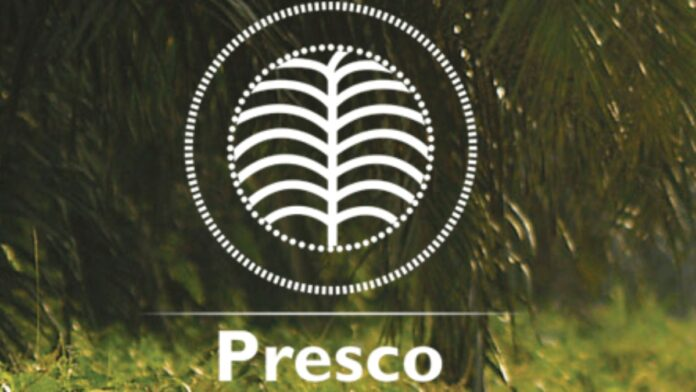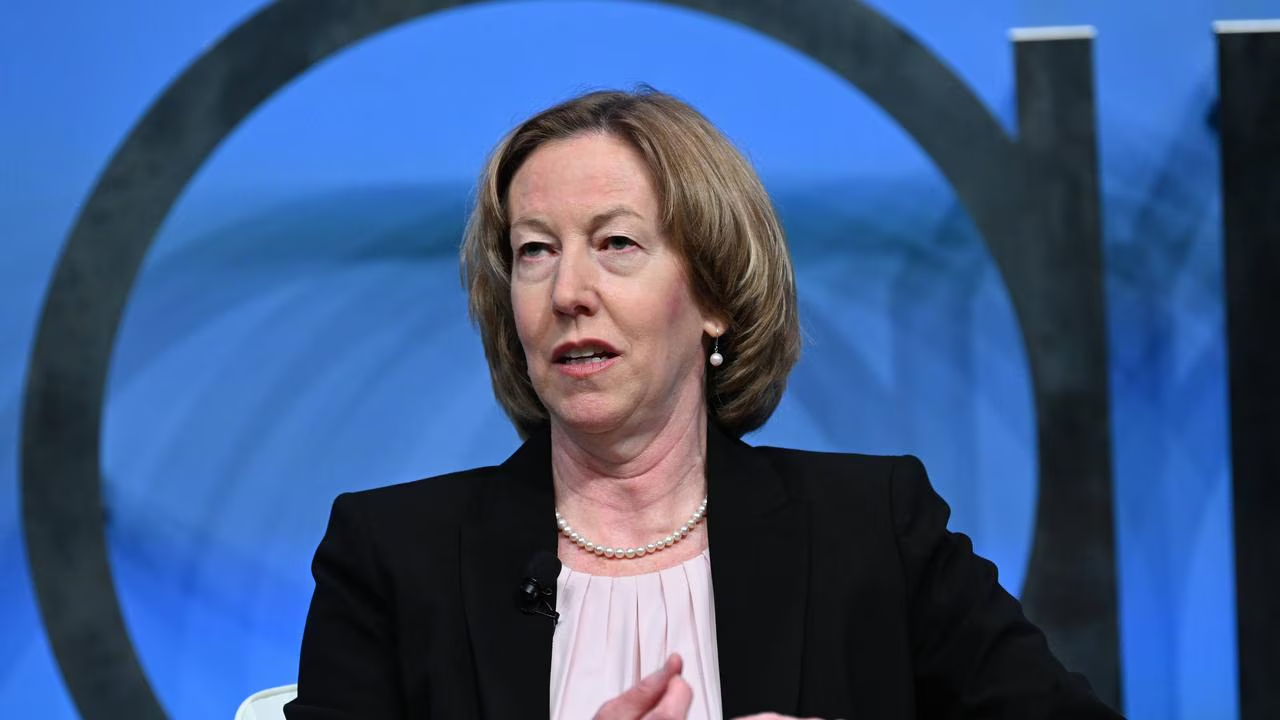Dangote Refinery’s free nationwide distribution of refined petroleum products promises to save Nigerians N1.7 trillion annually. This was disclosed in a statement issued by Dangote Group on Sunday, June 30, 2025.
This initiative, backed by President Bola Ahmed Tinubu’s GCFR for the Naira-for-Crude Initiative and Nigeria First Policy, marks a pivotal shift in the country’s energy landscape.
The plan highlights a quantifiable massive benefit to all citizens, with an additional annual logistics cost borne by Dangote Petroleum Refinery estimated at N1.07 trillion. Coupled with N720 billion in capital expenditure for 4,000 CNG Mother & Daughter stations and other infrastructure, the project aims to deliver 65 million liters of daily products, including PMS, diesel, and JET fuel.
Also Read:
- We're in Full Support of Dangote’s Distribution Plan – IPMAN President, Abubakar Shettima
- Dangote’s Free Fuel Delivery and Credit Scheme Sparks Job Loss Fears Among Depot Owners
- Nigeria Launches 150 Million-Litre Jet Fuel Depot to Boost Aviation Efficiency
- Dangote Refinery vs. Oil Importers Paradox During CNG Push
Before this initiative, Nigerians faced perennial fuel scarcity, adulterated fuel, and a bridging cost inflation of 33%, draining national resources via the Petroleum Equalisation Fund (PEF). Now, the plan promises no more fuel scarcity, a consistent supply of high-quality petroleum products, and no bridging cost, effectively reducing inflation by 3-4%.
The previous system suffered from redundant fuel stations, massive smuggling, and subsidy abuse, alongside poor distribution networks and environmental pollution from energy costs. Under the new distribution plan, redundancy of all dormant fuel stations will be eliminated, smuggling of petroleum products will cease, and an efficient distribution network will enhance energy efficiency.
Manufacturers, companies, and individuals previously burdened by job losses and unemployment due to high energy costs can now expect a reduction in energy costs by eliminating transport costs. This massive job creation initiative also includes providing credit facilities to marketers, addressing a total cost system inefficiency equivalent to 2% of GDP, or $6BN.

























